The UK has officially been ranked as the second-most depressed country on the planet, with a huge spike in individuals experiencing mental health issues since the pandemic.
UK’s Mental Wellbeing Ranking
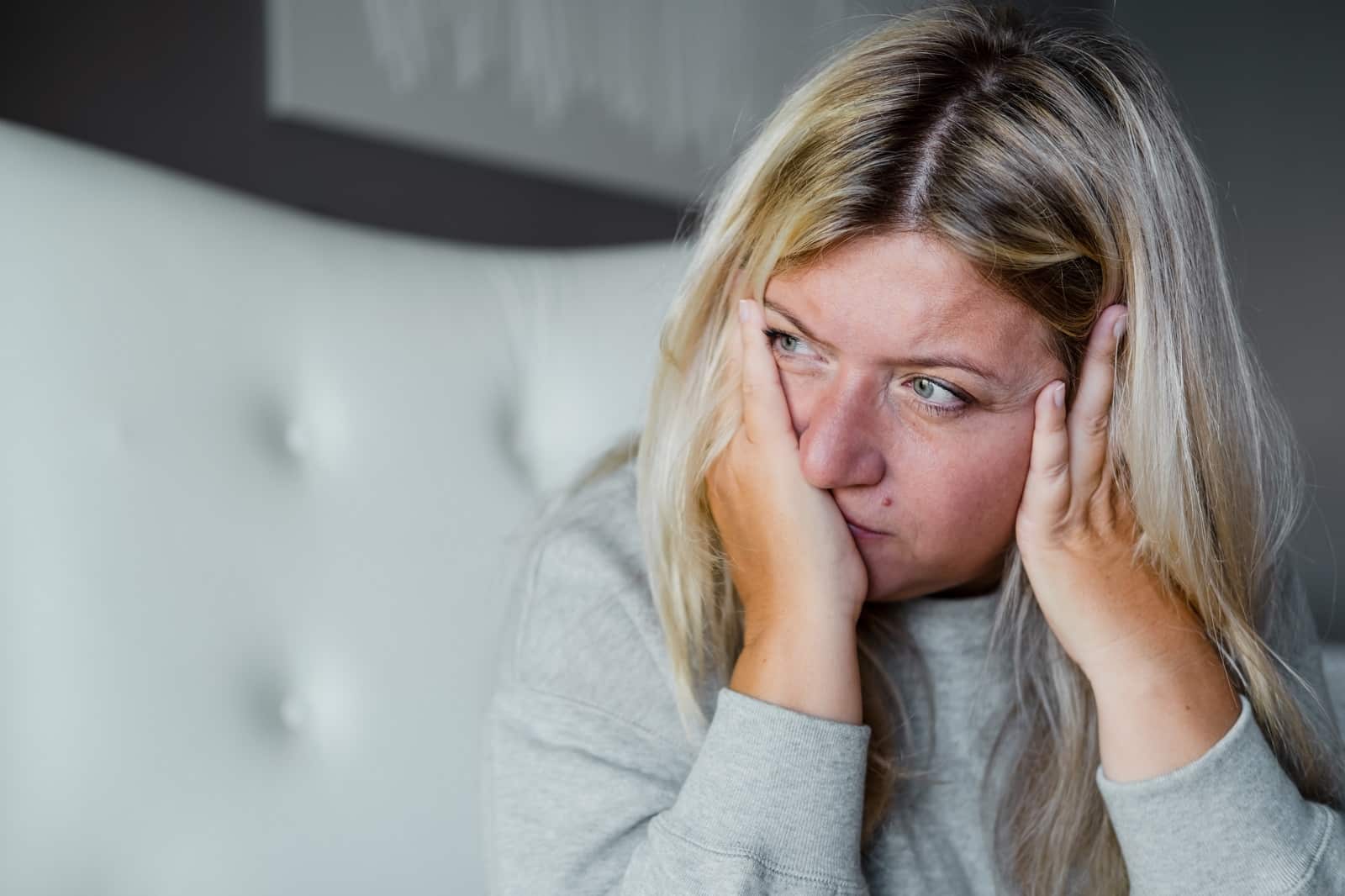
A recent global survey conducted by the US non-profit Sapien Labs has ranked the UK as the second most miserable place in the world.
Number of Participants
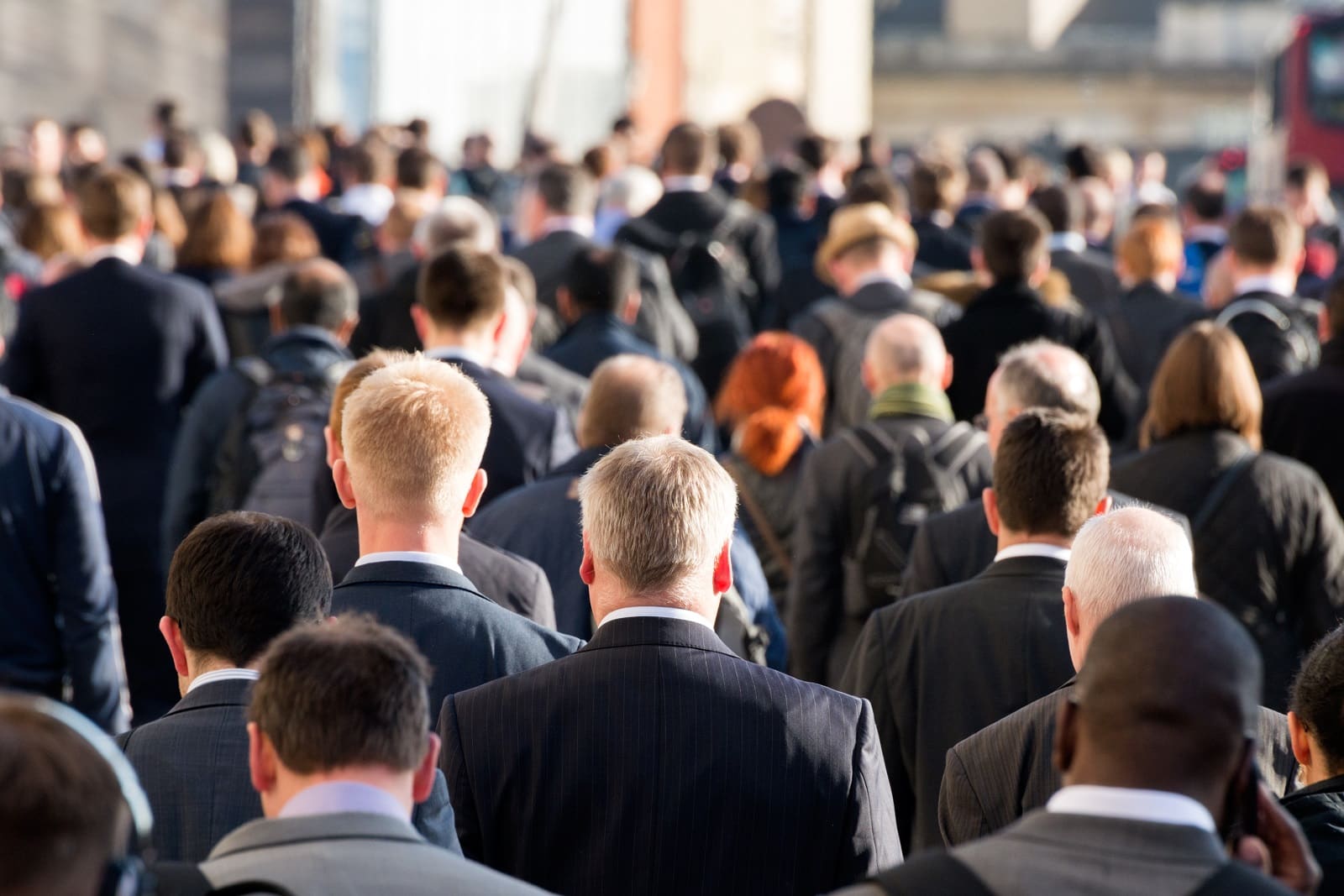
The survey analyzed responses from 500,000 participants across 71 countries, concluding that the UK has the second-least positive mental health levels in the world.
Survey Methodology

The survey examined how individuals’ “inner state impacts their ability to function within their life context”.
One Other Country With More Issues

Only one country was placed with lower levels of mental health than the UK, with Uzbekistan sitting in first place.
Wealth and Wellbeing

Contrary to expectations, “Greater wealth and economic development do not necessarily lead to greater mental well-being,” as evidenced by the survey findings.
Lockdown a Factor

The mental health crisis became worse during the COVID-19 pandemic, with the UK shooting down the list as lockdowns became prevalent.
Global Mental Health Crisis
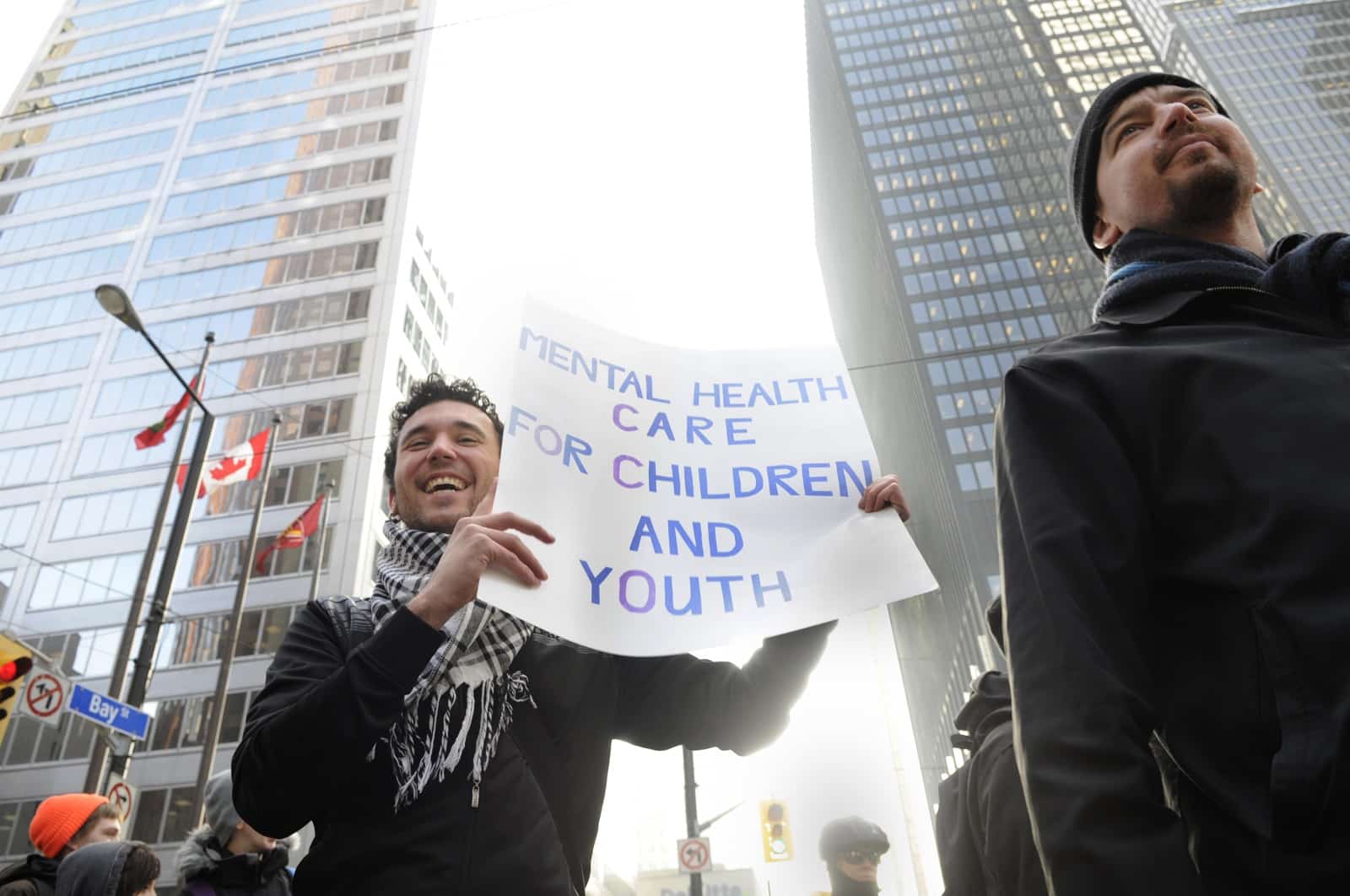
During this time, an additional 53 million people declared they were suffering from a mental health issue worldwide, increasing the original number by over 27%.
Factors Contribute to Mental Health Crisis

Factors like economic uncertainty, physical health concerns and boredom contributed to the anxiety and growing number of mental health issues in the UK.
COVID Is Not the Only Factor

The pandemic is not the only reason for an increase in mental health crisis in the UK, with a huge number of people already suffering before lockdowns were initiated.
Smartphones and Processed Food
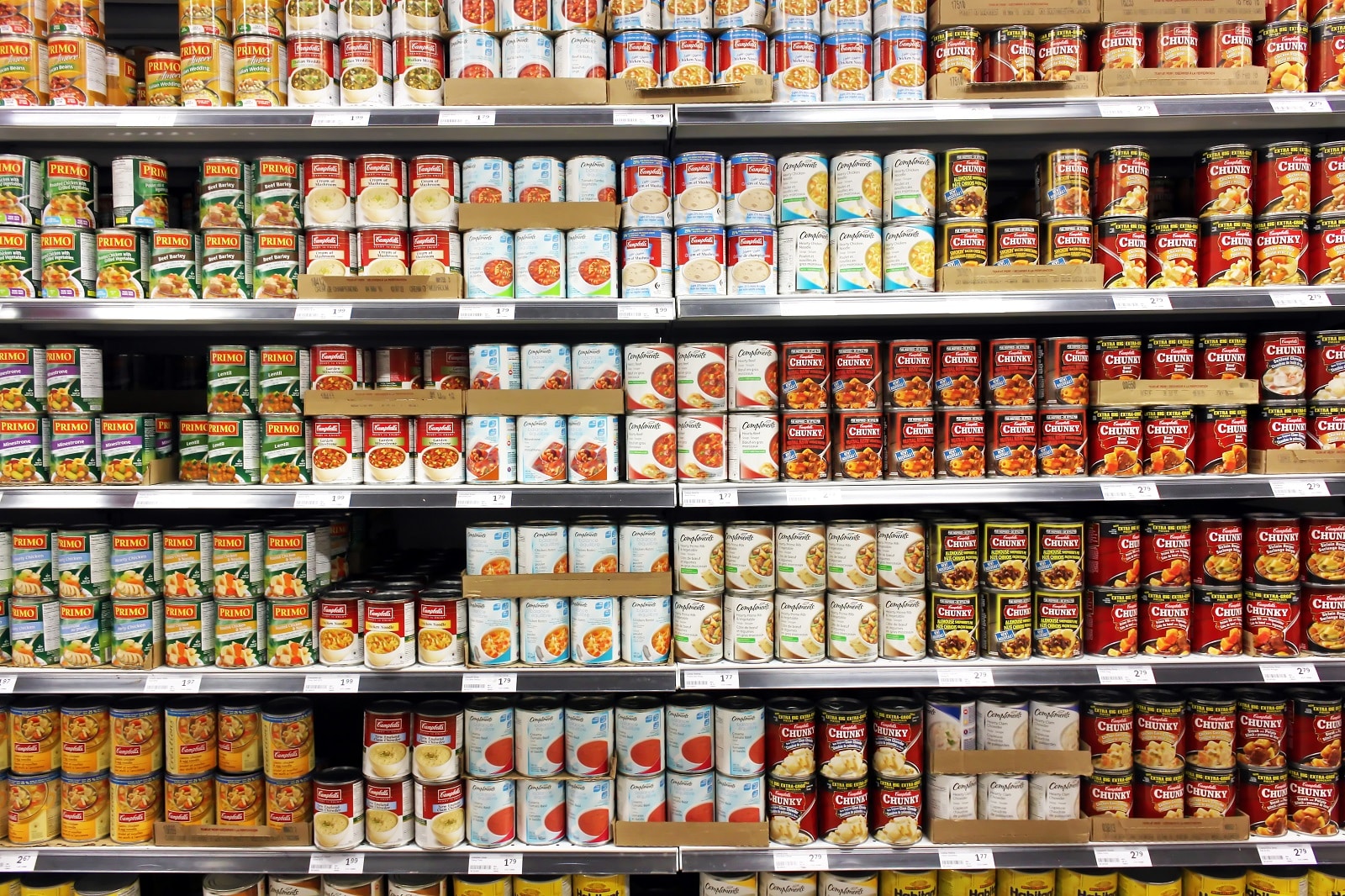
According to the data, other factors, including “getting a smartphone at a young age,” and “frequently eating ultra-processed food” also contribute to the crisis.
Wealthier Countries Experience Strained Relationships

The study argued that those in wealthier countries with easier internet access are more likely to have strained relationships, contributing to the crisis.
Relationships Contribute to Crisis

According to the report, the “fraying of friendships and family relationships, that are typically more prevalent in Internet-enabled populations of wealthier countries,” can be a factor.
UK’s Disappointing Score

The UK received a dismal score of 49, significantly lower than the global average of 65, reflecting a notable level of distress among respondents.
Comparison With South Africa

There was a close comparison between the UK and South Africa, with a significant proportion of respondents experiencing distress or struggling, at 35%.
Perceived Improvement After COVID
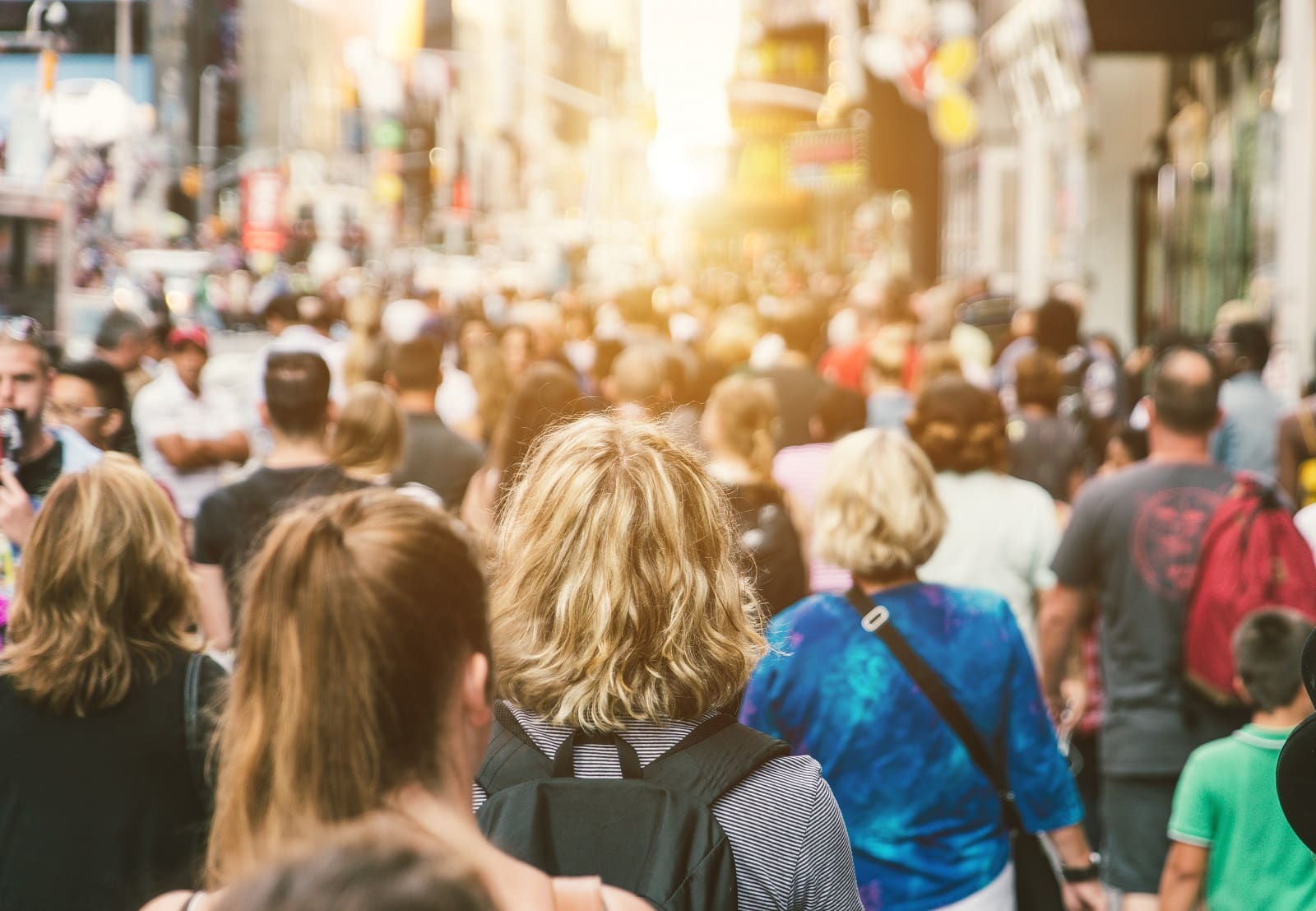
According to the report, many countries expected to see an improvement in the mental health crisis after the lockdowns inflicted by COVID had been lifted.
Hope for Pre-Pandemic Level Mental Health

The report argued, “The expectation may have been that once the lockdowns lifted and the threat of COVID-19 subsided that our collective mental health would begin a recovery towards its pre-pandemic levels.”
The New Normal

Instead, the report found that “the effects of diminished global mental wellbeing have become a new normal.”
Factors Contributing to Misery

Despite its status as a developed nation, the UK’s mental well-being lags behind countries experiencing severe humanitarian crises, such as Yemen, which scored higher at 59.
UK Economic Woes

Recently, the UK has experienced economic failures such as an ongoing cost-of-living crisis mixed with a recession that was revealed at the start of 2024.
International Happiness Rankings

Despite its low mental well-being score, the UK ranks 19th in the World Happiness Report 2023, showing that despite many people in the UK facing a mental health crisis, the country on a whole is a relatively happy one.
Featured Image Credit: Pexels / Oli.

